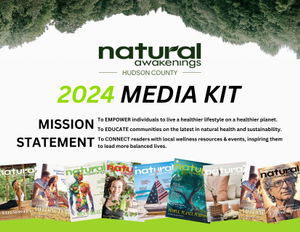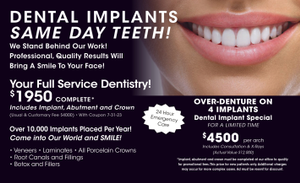Be Supplement Savvy
How to Choose Wisely for Optimal Health
According to the U.S. Office of Dietary Supplements, nearly half of us regularly use some kind of dietary supplement, including vitamins, minerals and botanical herbs.
While mainstream media have recently targeted supplements with alarming coverage about their value and safety, James J. Gormley, former editor of Better Nutrition and author of User’s Guide to Brain-Boosting Supplements, helps set the record straight. In an open letter on the Citizens for Health website, at Tinyurl.com/LetterRebuttal, he contends the worst part about misleading articles is that they can scare readers away from benefits that safe supplements might offer. He notes that although nothing in life is 100 percent risk-free, supplements are inherently benign, while pharmaceutical drugs frequently have unhealthy side effects.
Controversy over supplements seems to arise primarily from misinformation. Following are some guidelines and resources to help ensure their wise use and maximum benefit.
Supplements Versus Pharmaceutical Drugs
Natural health practitioners report that their clients tend to mentally group pharmaceuticals and supplements together. However, pharmaceutical drugs are typically synthetic, single-action chemicals that target one body system or organ, causing it to alter its function; they mask symptoms, but do not cure disease. On the other hand, the goal of vitamins, minerals and plant-derived supplements is to provide nutrients to help a troubled body system by supporting health and healing.
Some confusion occurs because many pharmaceutical and supplement manufacturers take advantage of people’s desire for a one-bullet solution, which rarely exists in either source. Stephen Lawson, administrative officer of the Linus Pauling Institute, at Oregon State University, maintains that, “Lumping together items like vitamins, minerals and botanicals, each of which can have profoundly different physical profiles and effects on the body, is dangerous and misleading.”
Who Needs Supplements?
Everyone can benefit from taking the right supplements to address specific health needs. Numerous studies attest that many diseases, especially in older adults, are caused by a deficiency of certain vitamins or minerals. For example, pernicious anemia, common in adults over the age of 60, is due to a long-term deficiency of vitamin B12. The condition often proved fatal until researchers discovered that taking such supplements could effectively treat it.
Another common nutritional deficiency disease among aging adults is osteoporosis, a loss of bone minerals that often leads to fractures. Its primary cause is chronic deficiencies in calcium and vitamin D levels. The latter is crucial for absorbing calcium—a primary mineral for building bone. According to the National Institutes of Health, older adults are likely to spend more time indoors, plus, even when they are exposed to the sun, their skin does not synthesize vitamin D as efficiently as when they were younger.
Choosing Helpful Supplements
Determining which supplements can best meet individual needs requires sound information. First, determine if a perceived condition could be caused by a vitamin or mineral deficiency, and then identify the best dosage. It is also vital to know how a supplement might interact with any current medications.
Most vitamin and mineral supplements are safe when used properly, but always consider asking an experienced professional for guidance; this is especially true for botanicals, because some manufacturers make unsupported claims based only on their own research. Generally, nonprofit organizations such as the Linus Pauling Institute (lpi.OregonState.edu) that do not sell supplement products, present unbiased information.
Final Word
Although conflicting information continues to circulate, abundant scientific evidence verifies that commonsense use of vitamin and mineral supplements is safe and usually helpful. The recommendation is to take enough, but not too much, of a deficiency-specific supplement, along with nutritious foods, in order to achieve a normal balance.
A 2009 report by the U.S. National Poison Data System indicated that the number of serious adverse events that year from the use of vitamins, minerals, amino acids or herbal supplements was extremely low, with no related U.S. deaths.
Many natural healthcare experts, including naturopaths, nutritionists and dieticians, conclude that supplements are useful and in some cases, necessary, especially when treating a significant nutrient or hormonal deficiency. It’s wise to consult a knowledgeable professional before buying the antioxidant du jour mentioned by a friend from the gym.





